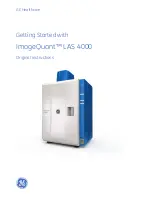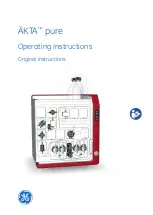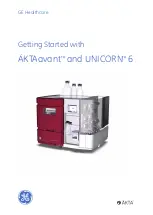
15
Medical Conditions
Neuromuscular disease is suspected when a patient complains of abnormal sensations such as tingling, numbness, pain,
weakness and/or abnormal movements including tremor or spontaneous contractions. Electrodiagnostic testing and
monitoring is performed on patients with suspected or confirmed neuromuscular diseases including muscular dystrophy,
motor neuron disease (ALS), polio, myasthenia gravis, peripheral neuropathies, radiculopathies, myopathies, carpal tunnel
syndrome, and multiple sclerosis.
Intended Users
The UltraPro S100 is intended to be used by a qualified healthcare provider. Qualified healthcare providers include those with
specialized training in the use of Electrodiagnostic (EDX) instrumentation for the acquisition, display, analysis, storage,
reporting, and management of electrophysiological information from the human nervous and muscular system.
Patient Population and Target Group
The UltraPro S100 assists the physician in the diagnosis of patients with neuromuscular diseases for pediatric and adult
patients.
Residual Risks and Side Effects
There are no known residual risks or side effects for procedures performed with the UltraPro. Please note the Warnings and
Cautions before applying power to and using the system.
UltraPro S100 System Essential Performance
UltraPro S100 systems feature a dedicated control panel, color-coded multifunction soft keys and easy-to-use Windows-based
interfaces to simplify operation.
The UltraPro S100 cart accommodates all system components, including an optional printer.
Innovative software features and an intuitive interface simplify operation. Use the Study feature to create a list of assorted
protocols and select them sequentially using a single button press. This allows for faster testing using standard protocols.
The UltraPro S100 amplifier and system is designed to function under a wide range of environmental conditions without
compromise in performance specifications.
General and Network Security Measures
Utilize best practice security measures in your clinical environment including the following:
General Security Policies
•
Prevent physical access to the system from unauthorized persons.
•
Make frequent backup of the system. Store the backup on a safely stored device.
•
Protect the system with updated antivirus.
•
Use the Microsoft Windows firewall at all times.
•
Store all flash drives provided with your system in a safe location.
















































